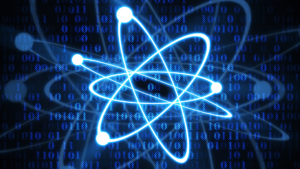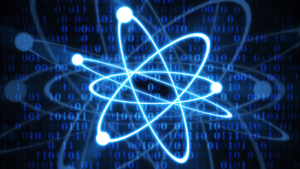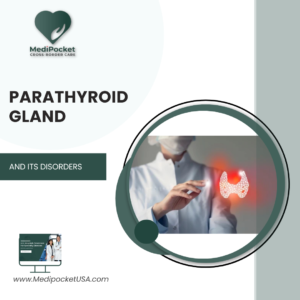In the realm of cancer treatment, the quest for precision and effectiveness has led to the emergence of innovative therapies like proton therapy. Offering targeted radiation delivery with minimal impact on surrounding healthy tissues, proton therapy stands at the forefront of modern oncology. In this comprehensive guide, we delve into the intricacies of proton therapy, exploring its mechanism, advantages, and the types of cancers it effectively treats.
What is Proton Therapy?

Proton therapy is a form of radiation therapy that utilizes high-energy protons to precisely target cancer cells while sparing nearby healthy tissues. Unlike conventional radiation therapy, which uses X-rays, proton therapy delivers radiation in the form of positively charged protons. This enables oncologists to concentrate the radiation dose directly within the tumor, minimizing damage to surrounding organs and tissues.
Mechanism of Action:
The fundamental principle behind proton therapy lies in the unique physical properties of protons. Unlike X-rays, which deposit energy along their entire path through the body, protons release the majority of their energy at a specific depth within the tumor. This phenomenon, known as the Bragg peak, allows oncologists to precisely control where the radiation dose is delivered, minimizing exposure to healthy tissues beyond the tumor.
Advantages of Proton Therapy:
- Precision Targeting: Proton therapy enables oncologists to precisely target tumors while minimizing damage to surrounding healthy tissues. This reduces the risk of side effects and long-term complications.
- Reduced Toxicity: By sparing healthy tissues from unnecessary radiation exposure, proton therapy can help minimize acute and late toxicities commonly associated with conventional radiation therapy
- Improved Treatment Outcomes: The precise delivery of radiation with proton therapy may allow for higher doses to be delivered to the tumor, potentially leading to improved treatment outcomes and higher cure rates.
- Suitable for Pediatric Patients: Proton therapy is particularly well-suited for treating pediatric cancers, as it reduces the risk of radiation-induced damage to developing tissues and organs.
- Enhanced Quality of Life: With fewer side effects and complications, patients undergoing proton therapy may experience a better quality of life during and after treatment.
Cancers Treated with Proton Therapy:
Proton therapy is utilized in the treatment of various solid tumors, including but not limited to:
- Brain tumors, including gliomas and meningiomas
- Head and neck cancers, such as nasopharyngeal cancer and skull base tumors
- Prostate cancer
- Lung cancer
- Breast cancer
- Liver cancer
- Gastrointestinal tumors, including pancreatic cancer and rectal cancer
- Sarcomas, including soft tissue sarcomas and chordomas
- Pediatric cancers, such as medulloblastoma and neuroblastoma
Conclusion:
Proton therapy represents a paradigm shift in cancer treatment, offering precision, effectiveness, and minimal toxicity. With its ability to target tumors with unparalleled accuracy, proton therapy holds promise for improving treatment outcomes and enhancing the quality of life for cancer patients. As research and technological advancements continue to evolve, proton therapy stands as a beacon of hope in the fight against cancer.
Learn more about proton therapy and its potential benefits for cancer treatment. Contact us, MediPocket USA to schedule a consultation with our expert oncologists and explore personalized treatment options tailored to your needs.







